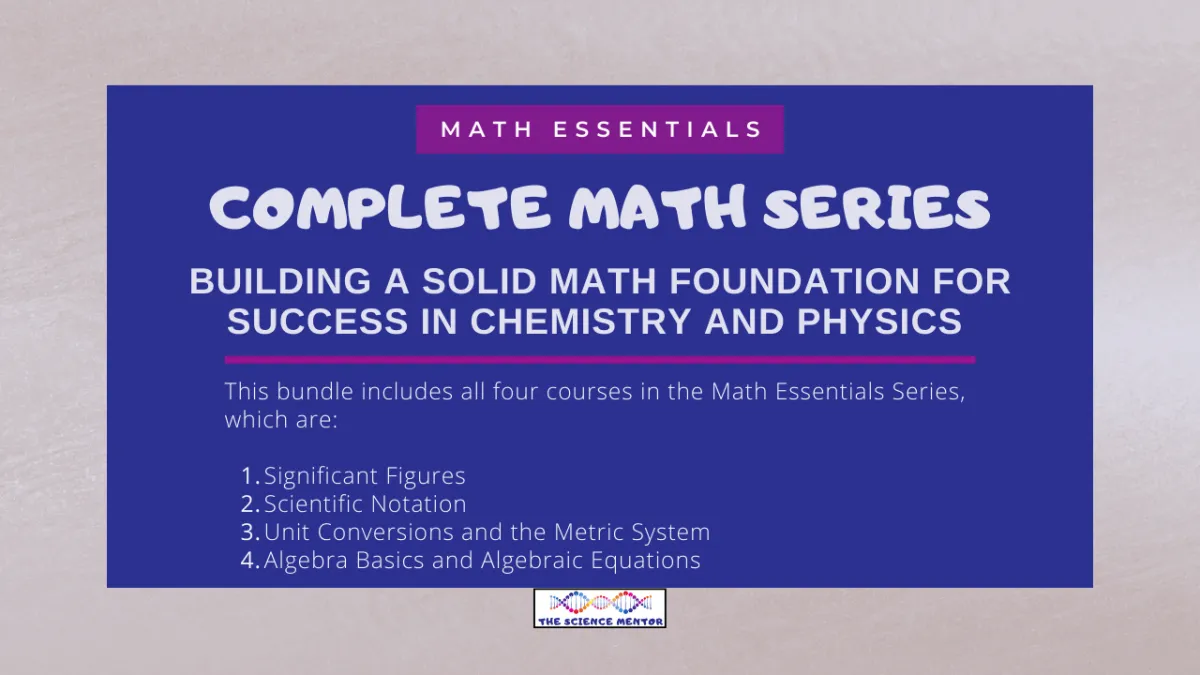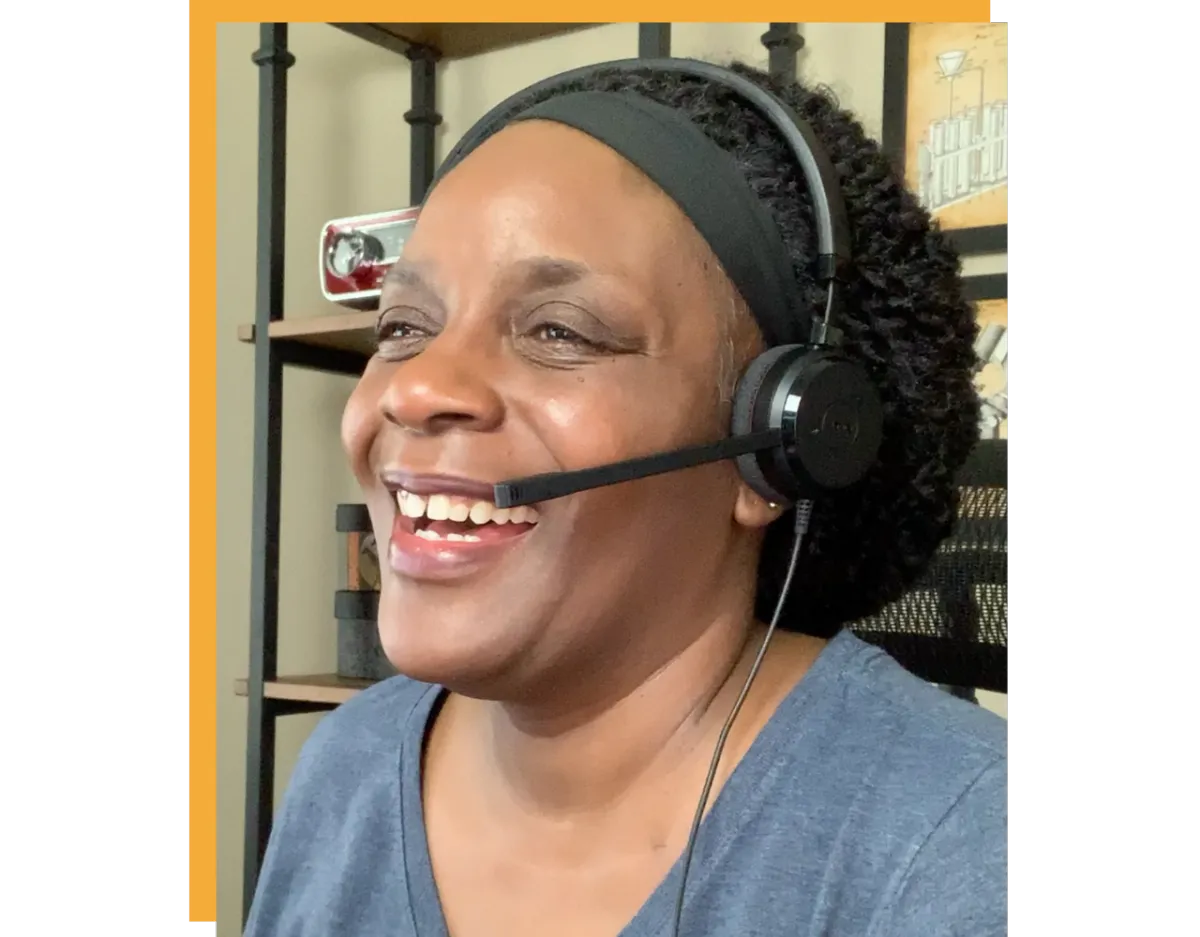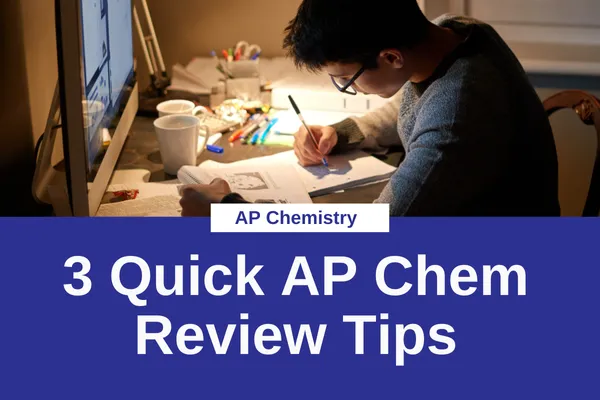Equip Your Teen with the Skills to Succeed in High School Chemistry and Physics
Provide them with self-paced courses and resources designed to help high school students excel in science.
Want to be the first to know when new tips, resources, and new programs?

My Mission Is Simple
To inspire a lifelong love for science and learning in every student I have the privilege to teach
Whether you're a homeschooling family seeking a trusted partner in your child's educational journey or a traditional student navigating the classroom, I'm here to provide unwavering support. Through live group classes, personalized tutoring, and self-paced courses tailored to each high school chemistry, I'm dedicated to helping you achieve your academic goals and fostering a deep understanding of the world of science.
What I Offer
Because everyone's learning needs are not the same
Self-Paced Science Courses

Why Choose Self-Paced Courses?
Flexibility: Complete lessons at your own pace, on your schedule.
Supportive Materials: Video lessons, practice problems, and study guides designed to make complex topics easy to understand.
Skill Building: Great for students preparing for AP courses or wanting a strong foundation in chemistry and physics.
A Few Courses...




"This class is amazing.
Every single day my child understood the content of the lesson and Doc does an amazing job at teaching. I am more the confident about my child’s ability to excel this year in physics."
Shelly-Ann, S., Outschool
Get Extra Practice with Study Resources
These video workbooks and study guides provide students with additional help, whether they’re currently enrolled in a course or need a deeper understanding of challenging topics.

Who benefits from these resources?
Parents looking to help their teen build a strong foundation in science before taking on more challenging courses.
Students who need extra practice to strengthen their skills in specific areas, such as stoichiometry or significant figures.
Homeschool families seeking additional study materials to supplement their science curriculum.
Teens preparing for AP Chemistry who want guided practice and review over the summer or throughout the school year.
Families wanting a low-pressure introduction to my teaching style before committing to paid courses or tutoring.
A Few Demos...
Demo Video Lesson

Demo Practice Problems

Demo Answer Key

"What a great experience this was for my daughter.
She learned so much and actually looked forward to chemistry!! Such a kind and patient person Ms. Williams is. Thank you!!"
Marie E., Outschool
Live Classes and Tutoring
My live classes and one-on-one tutoring sessions on Outschool offer students the opportunity to interact in real-time with an experienced science teacher.

Live Instruction is ideal for...
Students who benefit from real-time interaction and personalized feedback from a teacher.
Teens who need focused, real-time attention on specific topics they struggle with, such as chemical reactions or physics equations.
Parents who want to provide their child with additional support to supplement their homeschool or traditional school learning.
Teens who thrive in a collaborative learning environment, where they can ask questions and engage in discussions with their peers.
Families looking for flexible scheduling options to fit tutoring sessions around their teen's busy life.
I'm so happy you're here!
Hi! I'm Doc
A dedicated tutor with a passion for guiding students through the world of science. My personal journey from struggling with chemistry and physics in college to pursuing a BS in Biochemistry and working in biotech paved the way for my transition to education. With over six years of experience as an online private tutor and educator, I'm committed to tailoring my teaching approach to meet each student's unique needs and goals.

Online Science Tutoring is more than just homework help and test prep!

Our online science tutor provides one-on-one guidance, tailoring each session to your unique learning style, ensuring you fully grasp and succeed in high school science.

With over 18 years of teaching experience and a background in biochemistry, our certified science teacher possesses in-depth knowledge and effective teaching strategies.

Whether you're struggling and need to catch up, or you're eager to get ahead, our tutoring adapts to your current situation and learning goals.

Beyond science content, we impart valuable study skills and test-taking techniques that empower you to excel in all your subjects.

I offer a customized high school science curriculum that seamlessly fits into your homeschooling program, aligning with your interests and goals.

Tutoring that extend beyond science to boost your confidence in math, enhance reading comprehension, and provide organization strategies, ensuring comprehensive academic success.
YouTube
Click "Watch More" to Explore more videos Tutorials on topics in science
Latest Podcasts
Explore tips and inspiration by clicking on 'read more'

3 Quick AP Chem Review Tips
We all know that while some students can absorb and memorize information just by reading their textbook and notes, that strategy doesn’t work for everyone—and honestly, it’s not the most effective approach for most. AP Chemistry is tough. It’s fast-paced, content-heavy, and full of abstract concepts that don’t always stick after the first (or third) read.
That’s why I want to share 3 quick and practical review tips you can start using right now to help your teen prepare for the AP Chem exam. These tips come from years of teaching and tutoring students who have struggled, succeeded, and everything in between. The best part? They’re simple, doable, and grounded in what actually works.
1. Prioritize Practice Problems
Reading and highlighting can only take your teen so far. The AP Chemistry exam is designed to test how well students can apply what they know—not just repeat facts. That means they need to be actively practicing problems, especially free-response questions.
How to apply it:
Set aside 30–45 minutes, three times a week, just for problem-solving.
Pull questions from past AP exams or quality review books like Princeton Review or Barron’s.
Focus first on topics that have caused confusion—maybe thermodynamics, equilibrium, or electrochemistry.
And here’s something students often miss: when practicing free-response questions, make sure they’re actually answering everything the question is asking. If it says, identify which molecule has the stronger forces and justify your answer, they need to:
Compare both molecules in their response—not just state which one is stronger.
Discuss all relevant intermolecular forces—not just the first one that comes to mind.
This kind of attention to detail makes a big difference in scoring.
Pro Tip for Parents: Ask your teen to explain a question they worked on—even if you don’t know chemistry. Just listening as they explain helps them solidify their thinking and build confidence.
2. Review Common Mistakes
Instead of trying to relearn everything, take a smart shortcut: review old assessments to spot patterns in your teen’s mistakes. It’s one of the best ways to target what really needs improvement.
Here are some things to look for—not a complete list, but a solid place to start:
Incomplete work: Are they skipping steps? Not showing all their work? Forgetting units?
Terminology errors: Are they using vague or incorrect language on FRQs? Look for mistakes in how they describe oxidation numbers, formal charges, types of bonding, or intermolecular vs. intramolecular forces.
Concept confusion: Are they struggling to explain periodic trends, like why ionization energy increases across a period?
How to apply it:
Choose 2–3 past quizzes, tests, or lab write-ups.
Ask your teen to go through and mark the questions they missed.
Use those notes to create a custom review plan for the next few weeks.
Pro Tip for Parents: Be their sounding board. Ask questions like, “Why did you choose that answer?” or “What does that term mean?” Encouraging this reflection helps make their learning deeper and stickier.
3. Create a Formula & Concept Sheet
Yes, the AP Chem exam provides a formula sheet—but it doesn’t cover everything your teen needs to know. That’s why creating their own concept sheet is such a game-changer.
This isn’t about memorizing more. It’s about organizing their thinking and reinforcing the big ideas that keep showing up on the test.
Here are some topics to include:
Polyatomic ions and their charges
Solubility rules
Periodic trends like atomic radius, ionization energy, and electronegativity
Intermolecular forces—how to identify and compare them
Key equilibrium concepts like Le Châtelier’s Principle
Post it up where they study—on the wall, inside a notebook, or next to their laptop—and encourage them to add to it as they review.
Pro Tip for Parents: Check in weekly and ask what they’ve added. You don’t have to quiz them—just showing interest helps keep them motivated and on track.
Want to hear more strategies to simplify AP Chemistry review? Listen to my podcast episode: “E6 AP Chemistry Review in 30 Minutes (2024)” for even more practical tips and a breakdown of how to make every study session count.
All Rights Reserved 2023 - (C) TheScienceMentor.com -TM | Terms & Conditions | Privacy Policy | Disclaimers
